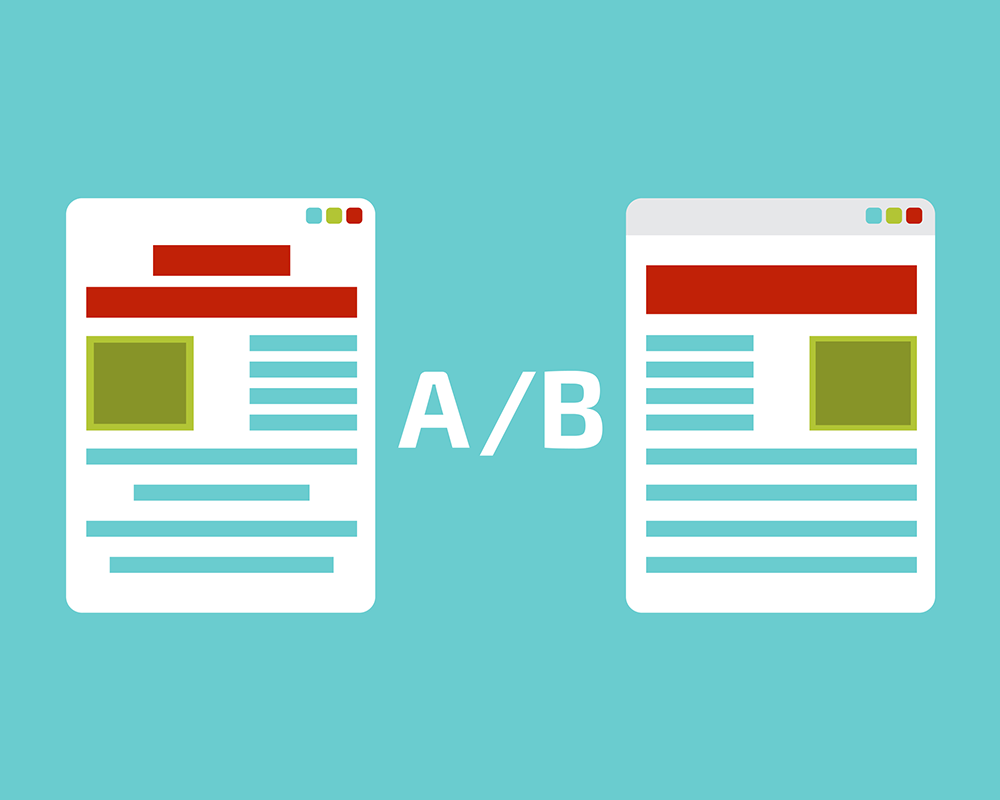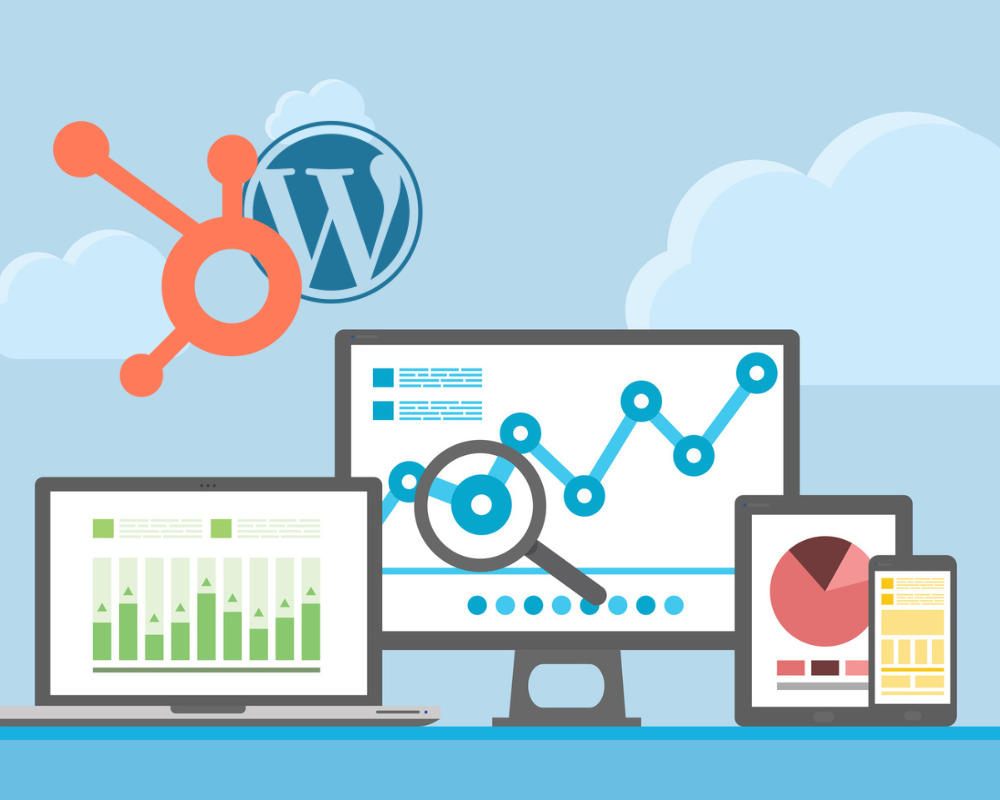A/B Testing: A Beginner’s Guide

Without a test, it’s just a guess … and when it comes to your digital marketing, it’s much better to know what works rather than relying on someone’s best guess … it’s better to run some A/B testing. A beginner’s guide is found below to get you started.
Digital marketing involves near-constant innovation and optimization to stay ahead of the curve and ahead of the competition. A/B testing — also known as split testing — is a powerful tool to make sure your approach and the choices you make are working and getting you the best results possible.
A/B testing can transform your online presence, boost conversions, and ultimately elevate your business success.
What is A/B Testing?
At its core, A/B testing is a strategic approach to refining your digital content. It involves comparing two versions of a web page, landing page, app, or email to determine which version performs better in achieving a specific goal.
By dividing your audience into two groups and exposing each group to a slightly different version of your content, you can gather valuable insights into what resonates with your users.
A/B Testing Definition
Harvard Business Review defines A/B testing as “a way to compare two versions of something to figure out which performs better.”
In digital marketing, A/B testing is the scientific process where you experiment with changes in your content to understand what drives the best outcomes.
By carefully isolating a single variable — for example, a headline, image, button color, or even the placement of elements on the page — you can accurately measure its impact on user behavior.
What is the Principle of A/B Testing?
The underlying principle of A/B testing lies in controlled experimentation. For example, imagine you're an online retailer looking to increase product purchases …
Instead of guessing which color of the "Buy Now" button will be more effective, you create two versions of your product page — one with a green button and another with a red button. By testing and comparing the performance of the two versions, you can confidently determine which button color leads to higher conversions, all while keeping other variables constant.
Examples of A/B Testing
A/B testing has yielded impressive results across nearly all industries. In addition to the online retailer example above, consider these examples …
- A subscription-based service wanting to get more subscribers might want to test different wording for their call-to-action (CTA) button. How would changing "Get Started" to "Explore Our Plans" affect their click-through rates? An A/B test would tell them.
- A travel website wanting more user engagement with its site might experiment with the arrangement of images on its homepage. Would users engage with the site more and stay on the site longer if they showcased popular destinations first? If they make seasonal changes? An A/B test would tell them.
- A pest control company wanting more people to contact them might experiment with variations of their “Contact Us” page. How would a standard contact form compare to a chat widget in generating leads? An A/B test would tell them.
8 Steps to A/B Testing
Here are the basic steps to follow when putting A/B testing to work for you:
1. Identify Your Goal: Clearly define what you intend to achieve through A/B testing. Whether it's boosting sign-ups, reducing bounce rates, or improving engagement, a well-defined goal is your starting point.
2. Select a Variable: Choose a single element to test, ensuring it's a significant factor that could influence user behavior.
3. Create Variations: Craft two versions of your content, keeping everything constant except for the chosen variable.
4. Split Traffic: Randomly divide your audience into two groups, ensuring fairness and accurate representation. (There are tools that will do this for you.)
5. Run the Test: Allow the test to run for a sufficient duration to gather statistically significant data, considering factors like time of day and day of the week.
6. Analyze Results: Dive into the data to compare performance metrics like conversion rates, click-through rates, or engagement levels.
7. Draw Conclusions: Based on the data, determine which version performed better and why. This analysis forms the basis for informed, data-driven decision-making.
8. Implement Changes: Apply the insights from your A/B test to other parts of your website, apps, and future emails so that you can optimize user experience and achieve your goals.
Variables to Consider A/B Testing
While your options are endless in what to test, these variables are commonly A/B tested:
- CTAs (calls to action)
- Button colors
- Opt-in forms
- Titles
- Subject lines
- Body copy
- Fonts
- Headers
- Navigation
- Product images
- Graphics
- Position of elements
The variable you choose to test is determined by the goal you want to achieve and just what you want to improve.
Implementing A/B Testing
In digital marketing, as in business in general, data-driven decisions make all the difference. With A/B testing, you don’t have to rely on educated guesses … you can leverage real-world feedback to refine your strategies and get better results.
If you’re ready to take the guesswork out of your marketing, we’re here and ready to help.
We invite you to get in touch with us to discuss how A/B testing can work for you. Call us at (559) 9-DESIGN, or you can click here to use our convenient online form to ask for more information.







